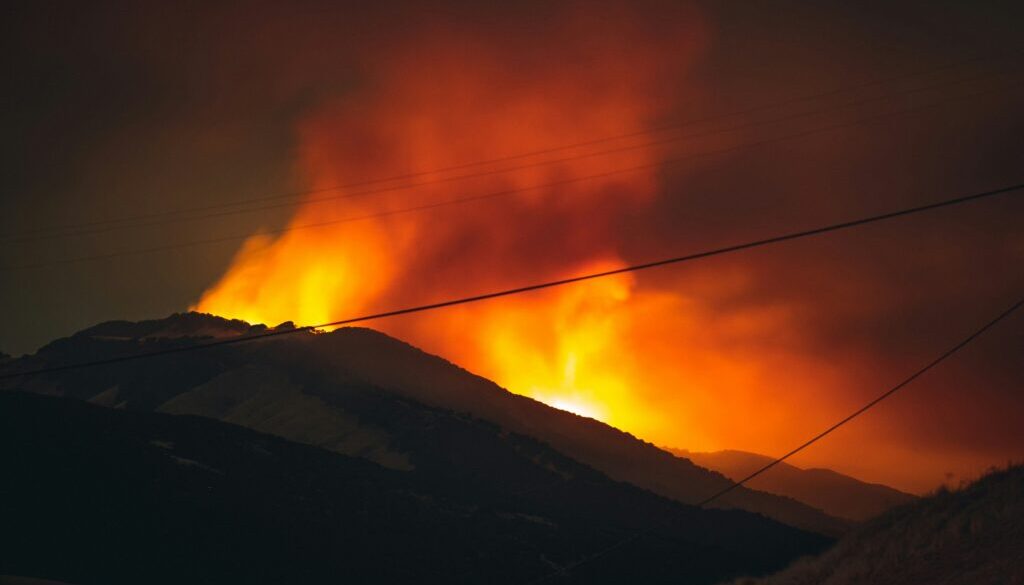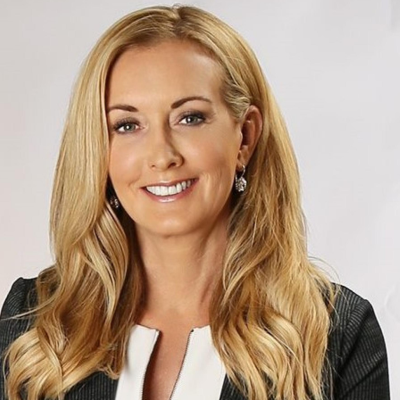As Los Angeles fires rage, states battle over effort to make oil and gas industry accountable for climate change harms
By Dana Drugmand
As fires rage through southern California, the costs of extreme weather events linked to climate change are forecast to keep climbing – adding fuel to growing efforts by some US states to make the oil and gas industry liable for helping foot the bill despite looming legal challenges.
Vermont fired the first shot against the industry last year when it enacted a novel “climate superfund” law aimed at recovering state costs associated with greenhouse gas emissions that drive harmful climate change. New York passed similar legislation last month.
Similar legislation has been introduced in Maryland, Massachusetts, New Jersey, and California, as well as at the federal level. While the federal bill is not expected to make headway in a Republican-controlled Congress, climate activists are pushing Democrat-led states to embrace the legislation as a way to show climate leadership amidst a second Trump administration that has promised to promote the interests of the oil and gas industry and roll back environmental regulations.
Supporters of the legislative moves held a Jan 7 press conference highlighting the actions. Kassie Siegel, director of the Center for Biological Diversity’s Climate Law Institute, told reporters at that press conference that she is “extremely optimistic” that California will enact its version of the climate superfund policy this year.
Experts have said the devastating wildfires raging through the Los Angeles area and surrounding communities in early January are directly tied to climate change as prolonged drought and higher temperatures have left vegetation highly flammable. The costs of the disaster have been estimated at more than $20 billion.
“The deadly wildfires ripping across Los Angeles in January are another example of how fossil-fueled climate change is upending lives and bringing unprecedented devastation to California,” Siegel said. “Intensely destructive fires like these are exactly why we need a California climate superfund law. It’s just unacceptable that the polluters who have profited by causing climate change currently bear no responsibility for the consequences destroying lives, homes and communities. Corporate polluters must use their multi-billion-dollar profits to pay a portion of the costs, rather than continuing to dump the entire burden on Californians suffering catastrophic losses.”
The Los Angeles Times carried a letter to the editor on Friday headlined “Altadena, my neighborhood, has burned. Make fossil-fuel companies pay.”
Legal battles ahead
Advocates for the oil and gas industry are fighting back against the efforts. Late last month, the US Chamber of Commerce and the American Petroleum Institute (API) filed a lawsuit arguing that the Vermont law seeks to “punish a narrow set of energy producers for global greenhouse gases”, is unconstitutional and barred by federal law.
Legal experts say the brewing battle is sure to be long and arduous, creating uncertainty over the viability of the state efforts.
“I predict five to ten years,” Patrick Parenteau, professor of law emeritus and senior fellow for climate policy at Vermont Law and Graduate School, said about the court fight ahead. He noted that it took several years to resolve legal challenges to the federal Superfund law, which authorizes the Environmental Protection Agency to hold industrial polluters liable for the costs of cleaning up hazardous waste sites.
Parenteau said the current challenge is premature since the state has not yet issued any demands for payment, making it difficult to prove that oil companies have been ‘injured’. But he said there could end up being two lines of litigation – one from the industry groups like the ones that have brought the initial challenge, and one from the oil companies themselves. The latter strand could involve an enforcement case brought by the state if the companies refuse to pay.
The Vermont Attorney General Office did not immediately respond to a request for comment on the industry groups’ legal challenge. Attorney General Charity Clark did assure state lawmakers that she would “proudly defend this bill” if the state were to be sued.
Vermont’s law, which targets fossil fuel producers responsible for generating over one billion tons of carbon pollution over the past 30 years, is still in the early stages of implementation. State officials still have to develop rules to determine which companies it believes should pay, and how much. It will be several years before Vermont sends out bills or “cost recovery demands.”
New York law
New York aims to recover $75 billion from fossil fuel producers responsible for over one billion tons of climate pollution from 2000 through 2024. Like the Vermont law, it leaves it up to state regulators to determine which companies are responsible and the amount they owe. Under New York’s law, payment demands are scheduled to be issued by June of 2028.
Supporters of New York’s move say it should serve as a model for state climate action during the incoming Trump presidency and is an important step towards alleviating some of the climate change cost burden on taxpayers.
But like Vermont, New York is likely to also face litigation challenging the policy.
“It would not be surprising if [industry groups] file a similar suit in New York,” said attorney Marco Simons, a lawyer who is helping represent Boulder, Colorado in its climate liability lawsuit against oil companies ExxonMobil and Suncor. “The industry is on the hook for multiple billions of dollars. It’s a whole lot cheaper for them to litigate a case than to pay what they owe.”
API did not respond to a request for comment on New York’s climate superfund law, nor whether it will challenge that law in court like it is doing in Vermont.
The Business Council of New York State, which had urged Governor Hochul to veto the legislation, said in a statement that the climate superfund law “will impose ‘punitive’ assessments against businesses that produced fuels that were vital to the support of New York’s households, businesses, and overall economy for the past several decades.” The Business Council added that it expects the legislation “to be subject to protracted litigation.”
The state legislative approach to holding Big Oil accountable comes as oil companies are facing dozens of climate liability lawsuits filed by local and state governments accusing them of lying to the public about climate change risks of their products and effectively delaying the transition to cleaner forms of energy, thereby worsening climate damages.
Many of the cases seek to make the companies pay for this damage. The cases have been bogged down in procedural fights, some for years, though several suits are getting closer to trial.
One of those cases, brought by the Hawaiian capital of Honolulu, is currently pending before the US Supreme Court on a petition from oil company defendants seeking to stop the case from advancing. The petition, which says Honolulu’s lawsuit and others like it “present a serious threat” to the oil and gas industry, is scheduled to be addressed by the court at conference on Friday.
(Featured photo by Casey Horner for Unsplash+.)




